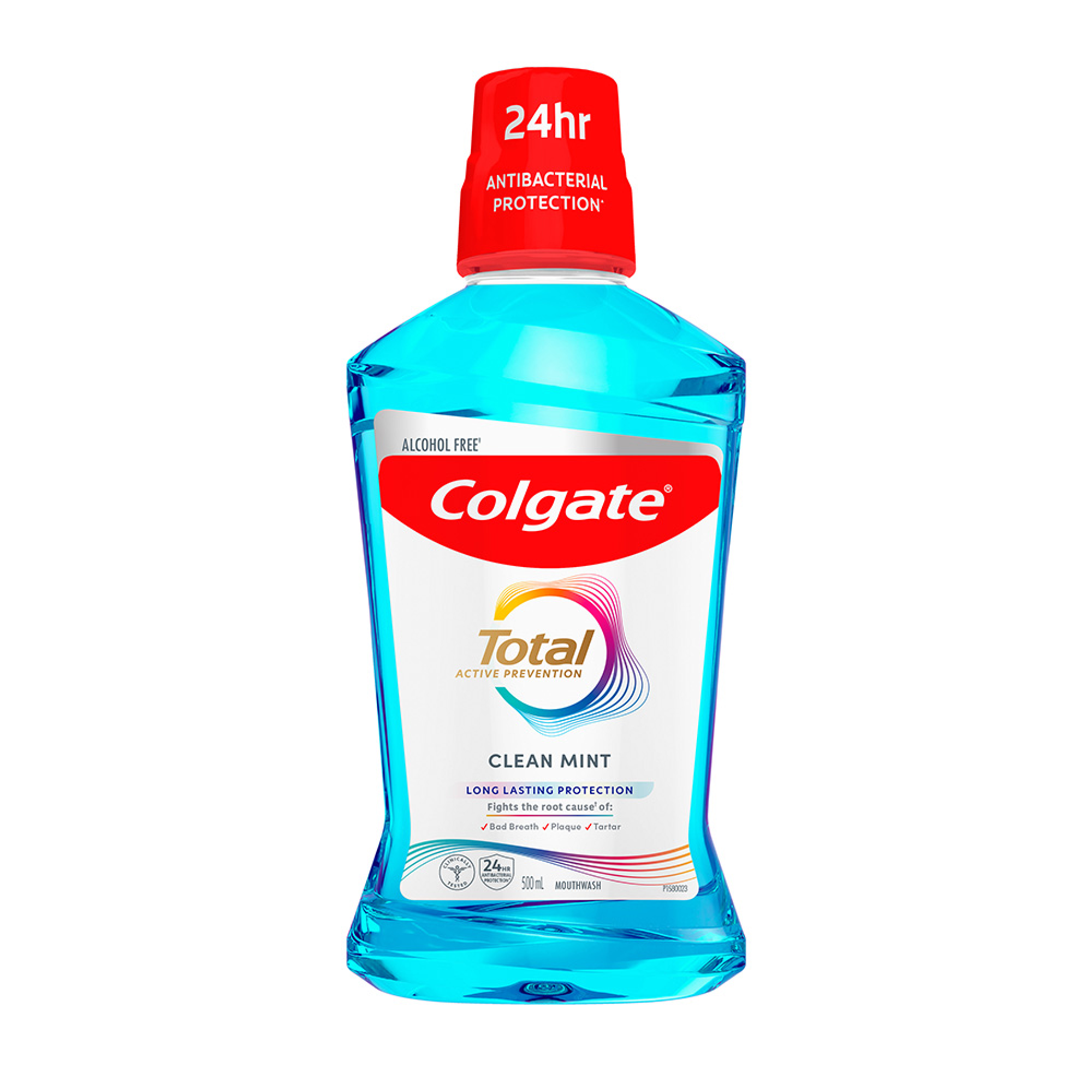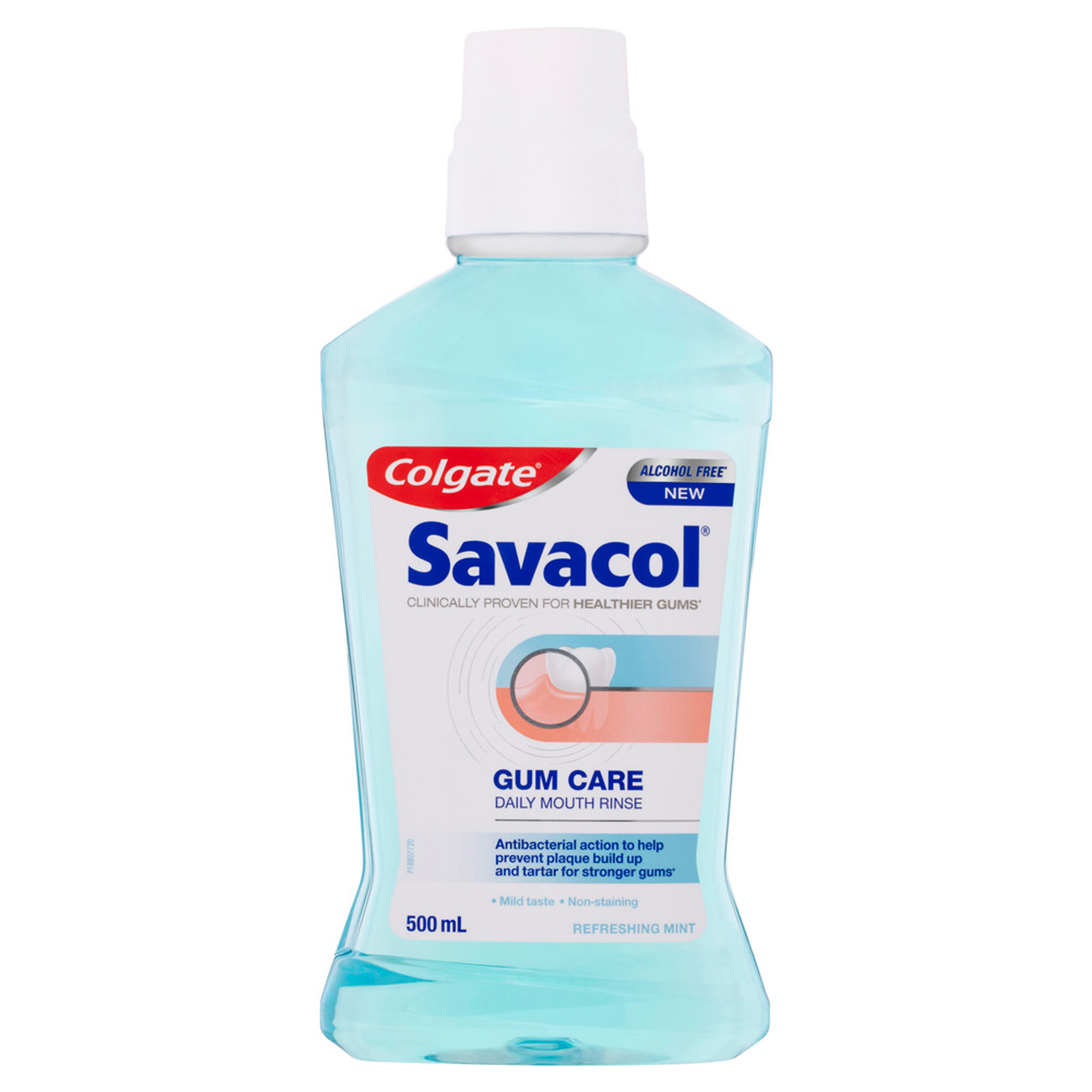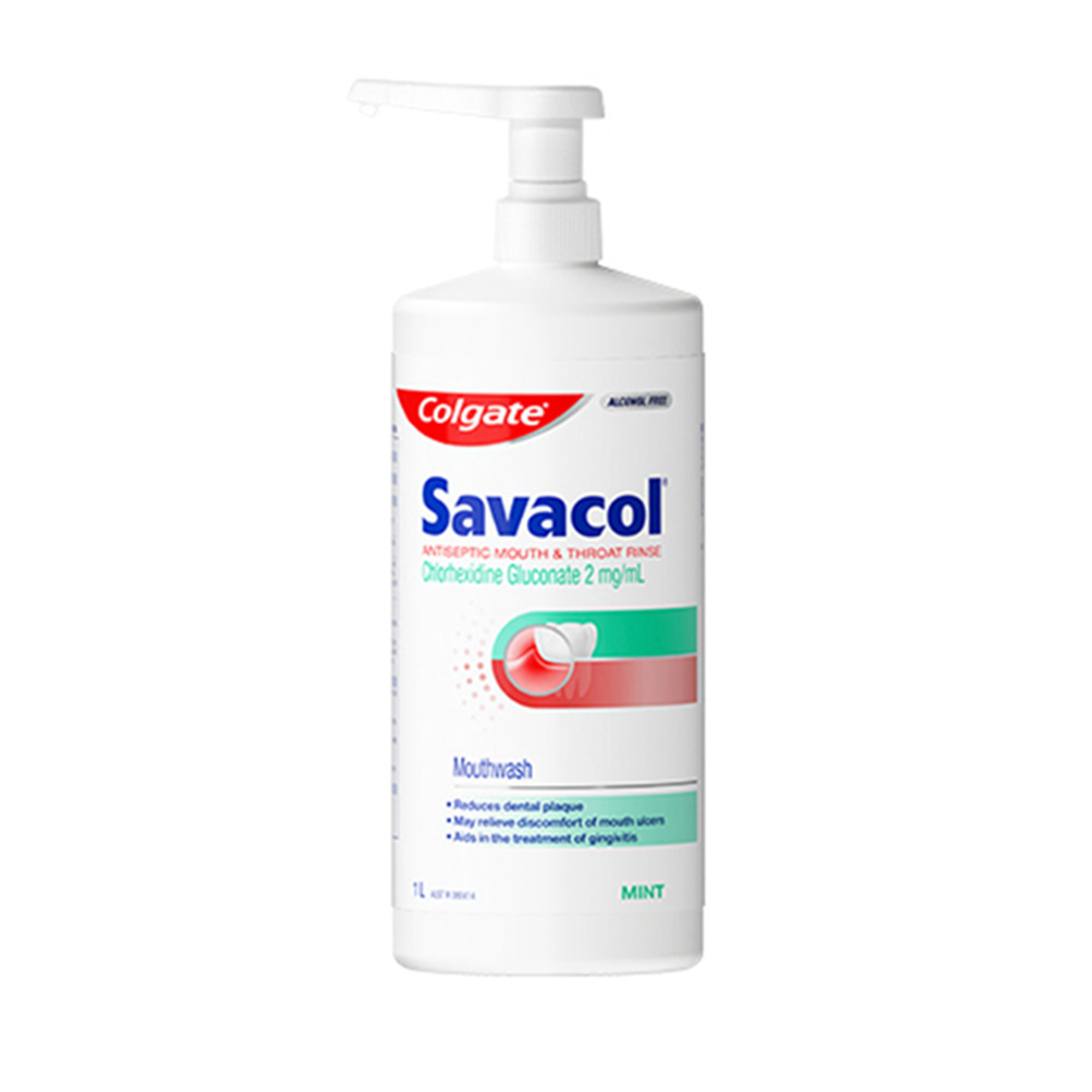
I thought that I no longer enjoyed dentistry. Turns out, I just no longer enjoyed where I was practicing. I made the move to work outside the clinical environment with a six-month break before working one day per week clinically. Making these changes helped to reignite my enjoyment of working in the dental profession. However, it was not the dentistry that was causing me grief. As part of my Master’s in Public Health I undertook a public health management subject where I learnt about leadership vs management, how personality affects leadership style through the Myers Briggs personality test but importantly culture and it was there I clicked that that was what was affecting my enjoyment in work.
Coming out of university there are many changes and new learnings but an important piece of the puzzle to not ignore when looking for a job, but also once established in one, is workplace culture. It can take time to realise what you want out of your work. You can have an abundance of patients but if you are unable to enjoy your time spent at work otherwise, you may no longer enjoy the profession as a whole or burn out.
Workplace culture is the environment created for employees; it is a mix of leadership, values, traditions, interactions, behaviours, and attitudes that ultimately determine has pleasant or toxic a work environment is. There is a lot of information on culture online, however it commonly reflects an office-based work environment. Interactions in the dental clinic workspace differs, particularly in the intimacy of the environment. Now I am by no means an expert on this topic, so I sought advice from Dr Stephen Liew, general dentist, practice owner and Australian Dental Association Vice President.
Dr Liew, what does workplace culture mean to you?
Let’s get the basics straight, no matter how much dentistry is a rewarding career for practitioners and their staff, the thrill of a challenging case isn’t adequate to keep us all coming back to work for years on end. Many studies have shown the key to happiness is genuine human relationships and a feeling of contributing to society in a meaningful way (thankfully easy for our profession). Other studies even show that above $50K (USD) happiness is not correlated with income increases. So, in that broader context, workplace culture to me means fostering an environment that has consistently tangible positive energy. It ideally provides emotional safety & genuine friendships, allows fearless feedback, rewards performance without relying solely on this to retain staff, and responds to individual and team needs. Simply put, work is a place where we spend considerable time, and it should feel good to be there while giving your best.
How have you fostered a positive culture in your dental clinic?
I certainly didn’t start the right way. I bought into my practice at a difficult time in my life after the passing of my father. This led to a forceful, brash leadership style with minimal compromise. It took a concerted 360 review of myself as a practice owner with the help of my staff (always brutal but vital) to deliberately turn the style of leadership my business partner and I showed into a more nurturing, constructive, and planned style - this allowed optimal creation of positive culture. Looking inward was the first step - practice owners set the tone.
We encourage regular social interaction, team challenges that run over months (currently we’re all doing the push-up challenge to support mental health) and listen and genuinely react to staff concerns both in personal and work life. I call out my own errors to give others the courage to do the same, & all errors are addressed as learning experiences. We ensure annual reviews lay out clear goals and pathways, and reward exceptional performance. We empower those that want responsibility with the ability to make decisions autonomously & create multiple tiers of leadership. We pursue and encourage interests outside of dentistry for optimal mental health & life balance. This is all underpinned by a clear line of expected behaviour in the interests of our staff and patients. I have had to let staff go due to a poor cultural fit, it doesn’t feel good, but it means that all of the other staff return to work happy their concerns have been addressed, while maintaining our practices beyond the tipping point of positive culture.
Do you have any advice on how new graduate dentists can get a feel for not only if they are right for the dental clinic but whether the dental clinic is right for them?
It can be hard to rapidly judge this, however here’s a rule that helped me over the years. Our job as dentists is simple to describe – guide our patients to optimal oral health. I always point out to my patients the irony that if we’re successful in that goal, they actually need to see us less, & in that way dentistry is a terrible business model. So, at a high level, I would say to new graduates if you feel the practice is putting the business model before the oral health goal, think hard if that aligns with your ethical standpoint. Also, trust your gut during the interview and when meeting the other staff at the practice. Is there a hum of friendly activity or an undertone of worry? What is their staff turnover? How were you greeted on arrival? Do patients seem to leave happy? Do people seem comfortable expressing themselves or are they contrived? Is there friendly diversity amongst the staff or are they converging toward a stereotype?
This is great insight and advice from Dr Liew. Since I have moved on to workplaces with more positive workplace cultures, I have been able to reflect on my performance as well and seen improvements in myself. A large portion of our life is spent in the workplace. A great final piece of final advice from Dr Liew - your career forms a large part of the bucket of life. If work culture is causing the bucket to overflow leading to burnout, model a redesign. Others will thank you for it, and that likely will include your boss.
Dr Mikaela Chinotti, BDS, MPH, graduated as part of the James Cook University inaugural dentistry cohort. She has previously worked in rural and regional government, private and health fund owned practices in North Queensland. Her passion lies in minimal intervention dentistry, health promotion and health education. Now in Sydney, Mikaela works as the Australian Dental Association (ADA) Oral Health Promoter and part time as a general dentist. Mikaela is a founding member of the Colgate Advocates for Oral Health: Editorial Community. She became a member because of her interest in helping and collaborating with fellow dental colleagues and hopes to contribute useful information for young dentists as they start and continue through their career.
Join us
Get resources, products and helpful information to give your patients a healthier future.
Join us
Get resources, products and helpful information to give your patients a healthier future.











